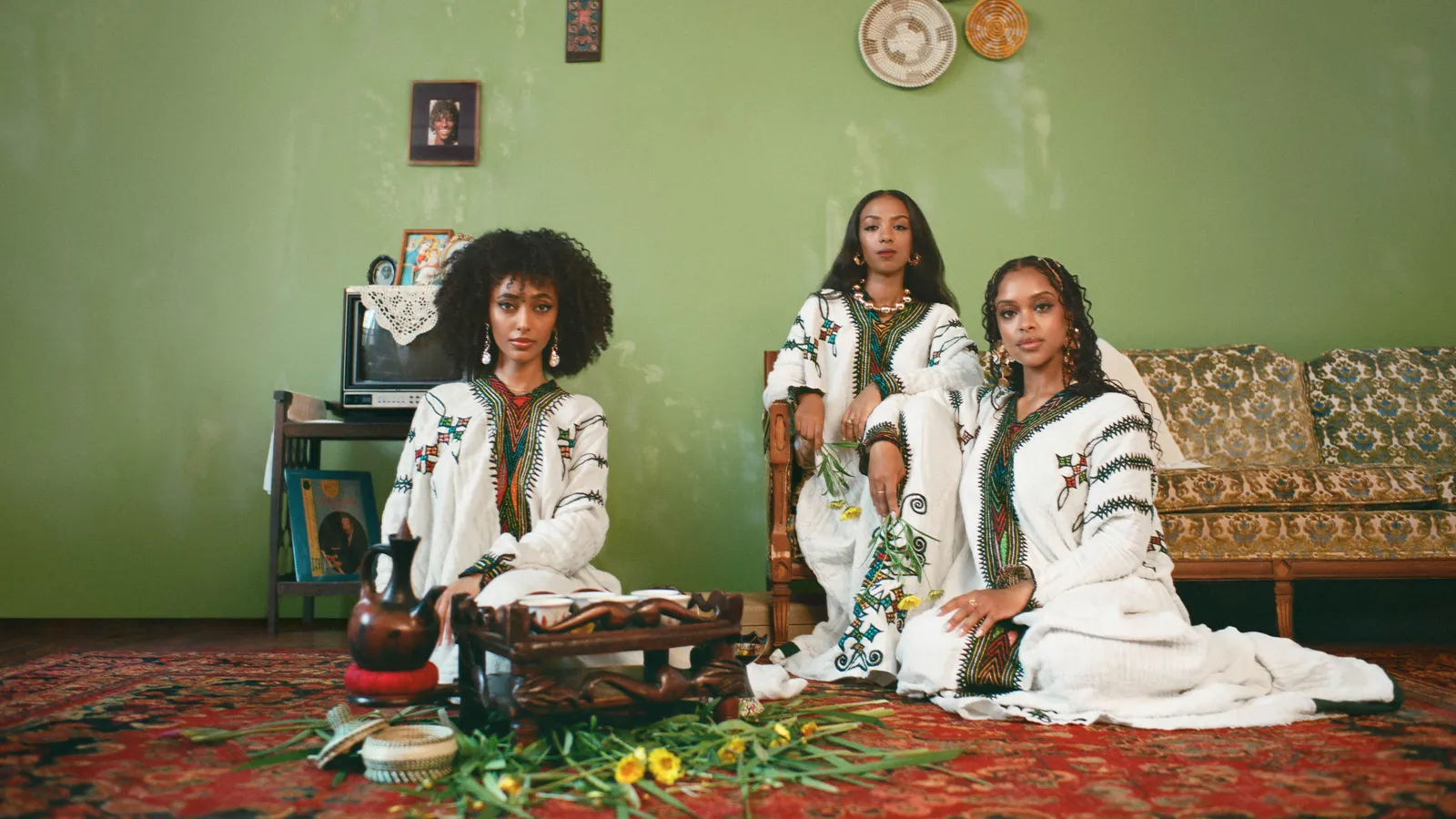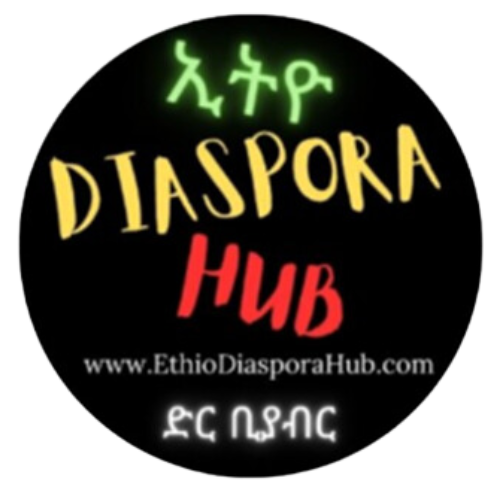Every September 11—as the rains retreat and the earth drinks its final drops—the golden petals of the Meskel flower are blooming across Ethiopia. They blanket the highlands in yellow brilliance, a living tapestry that signals the dawn of a new year: Enkutatash, the Ethiopian New Year. While the world waits for the cold grip of winter to mark the start of its calendar, Ethiopia steps into 2017, holding onto a unique timeline rooted in its own heritage. In a world hurtling toward 2025, Ethiopia stands anchored in its own rhythm, a subtle reminder that time moves differently here, steeped in the kind of history and culture that refuses to be rushed.
This isn’t just another New Year. It’s a reclamation. A renaissance. As Ghana’s ‘Year of Return‘ turned the eyes of the African diaspora back to the continent, Ethiopia has quietly been sparking its own cultural revival, one that transcends tourism. It is a deep reconnection with roots, an affirmation that despite conflict and struggle, this ancient land is not only surviving—it is thriving.
Ethiopia has always set the stage for global influence—starting with Lucy, the oldest human ancestor, who marked the very beginning of humanity. One of the only African nations that was never colonized, as Ethiopia remained unbroken, the world took notice. The red, yellow, and green of its flag didn’t just represent a nation; they became the symbol for independence movements across the globe.



No Comment Found.